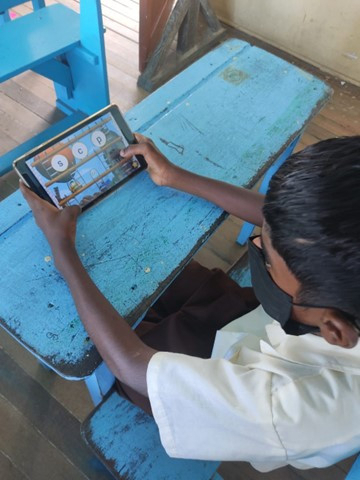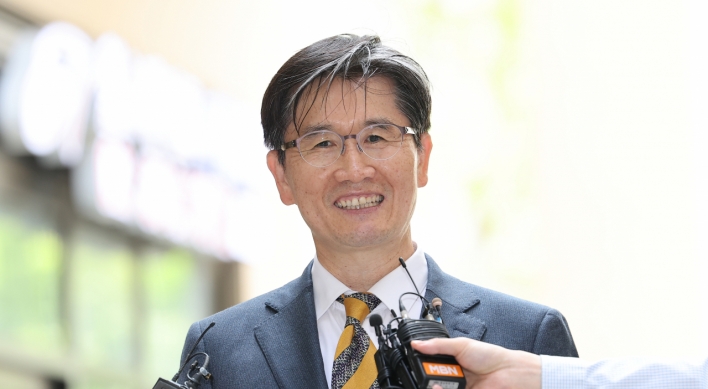UNESCO King Sejong Literacy Prize goes to Pakistan program for nomadic children, two others
By Kim Hae-yeonPublished : Sept. 8, 2023 - 17:29

The Himalayan Literacy Network Mobile Schools Program, created by a nongovernmental organization in Pakistan to empower nomadic children, received this year's UNESCO King Sejong Literacy Prize, the Culture Ministry announced Friday.
Launched in 1998, the mobile program was designed to provide basic education to nomadic Bakarwal children by developing mobile schools that could travel with them on their biannual migrations through the high mountain regions.
Finland-based GraphoGame, an online learning game solution aimed at addressing global illiteracy, and the Africa e-Library project launched by Snapplify, an educational technology company specializing in digital education content, also received the prize.
GraphoGame offers literacy support in more than eight languages, allowing learners with dyslexia to acquire skills in their native tongues while promoting multicultural communication.
Snapplify's Africa e-Library project provides a platform for students and teachers to access a trove of educational materials seamlessly, even in regions with limited physical book access or during school closures. To ensure inclusivity, Snapplify's e-Library incorporates features such as text-to-speech and fonts designed for accessibility for those with dyslexia.
The awards ceremony will take place at the UNESCO headquarters in Paris on Friday, in celebration of International Literacy Day. The three winners will each receive $20,000, along with a medal and a diploma.
Since 1967, the UNESCO International Literacy Prize has recognized excellence and innovation in the field of literacy, with more than 512 projects and programs having received the prize to date.
The UNESCO King Sejong Literacy Prize, established in 1989 with the support of the Korean government, seeks to recognize private and public organizations as well as individuals who support effective literacy practices, with a focus on mother language-based literacy development.










![[Weekender] How DDP emerged as an icon of Seoul](http://res.heraldm.com/phpwas/restmb_idxmake.php?idx=644&simg=/content/image/2024/04/25/20240425050915_0.jpg&u=)

![[Today’s K-pop] NewJeans' single teasers release amid intrigue](http://res.heraldm.com/phpwas/restmb_idxmake.php?idx=644&simg=/content/image/2024/04/26/20240426050575_0.jpg&u=)






![[Herald Interview] Mistakes turn into blessings in street performance, director says](http://res.heraldm.com/phpwas/restmb_idxmake.php?idx=652&simg=/content/image/2024/04/28/20240428050150_0.jpg&u=)
